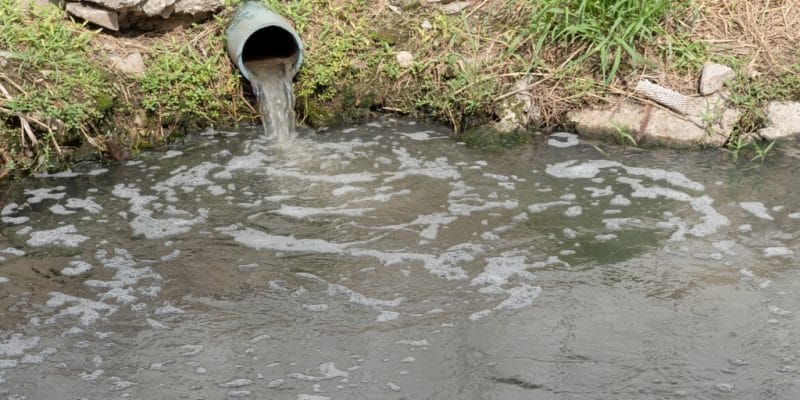The Menawara project was officially launched on November 28, 2019 in Gammart, a suburb north of Tunis. It promotes the valorisation of non-conventional waters in agriculture and will be implemented in the Mediterranean countries. Its overall cost of implementation is estimated at €2.6 million and 90% of the funding is provided by the European Union.
The Menawara project, valued at approximately €2.9 million, is an initiative led by five Mediterranean countries to ensure the integrated management of non-conventional waters. The project was officially launched in Tunisia at the end of November 2019 and will improve the quality of treated water at the Korba, Kélibia, Chotrana 2 and Sidi Amor stations. The water from these stations will be used to irrigate agricultural land. The Menawara Project will provide additional water resources through wastewater recycling, water loss exploitation and water use efficiency. Measures that will reduce water insecurity in the intervention areas. The use of non-conventional water for agriculture will thus save good quality water and preserve the country’s water resources.
Tunisia streamlines its water management
The project will also help to rationalise techniques for the use of clean water and ensure good management of water resources, while ensuring compliance with existing national and international commitments. In Tunisia, the treated water must therefore comply with the NT 106.02 standard, which was approved on July 20, 1989. This standard would require that water be disinfected and free of all organic pollution factors before being discharged into the natural environment. This aspect is often criticised by the National Sanitation Office (Onas) of this North African country. In one of its reports, the World Bank considered the quality of effluents from Tunisian wastewater treatment plants to be “average” and the quality of treatment offered by some of them to be “quite poor”.
Seen from another perspective, the project will strengthen collaboration between companies that provide non-conventional water and environmental associations, on the one hand, and stakeholders in the agricultural sector on the other. In Tunisia, the agricultural sector alone consumes 83% of water resources.
The project will run for three years (September 2019 to August 2022) and will be implemented in Tunisia, Spain, Palestine, Jordan and Italy. These States have been experiencing water shortages for some years now and the project will make it possible to review the uses of this precious liquid, not only for agricultural irrigation, but also for groundwater recharge and the irrigation of green spaces. Of the €2.6 million that this project will cost, €2.4 million will be provided by the European Union, representing almost 90% of the total budget.
Luchelle Feukeng







